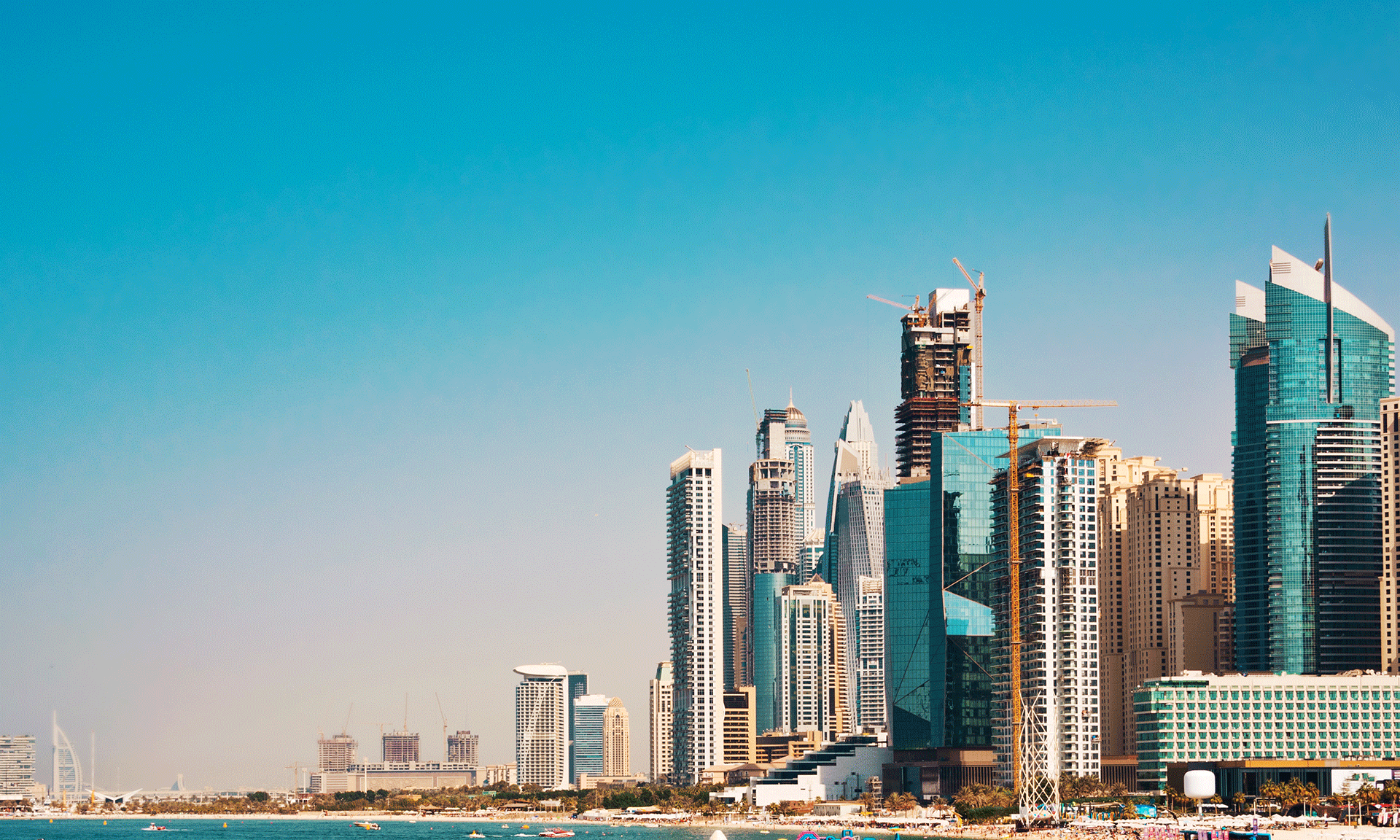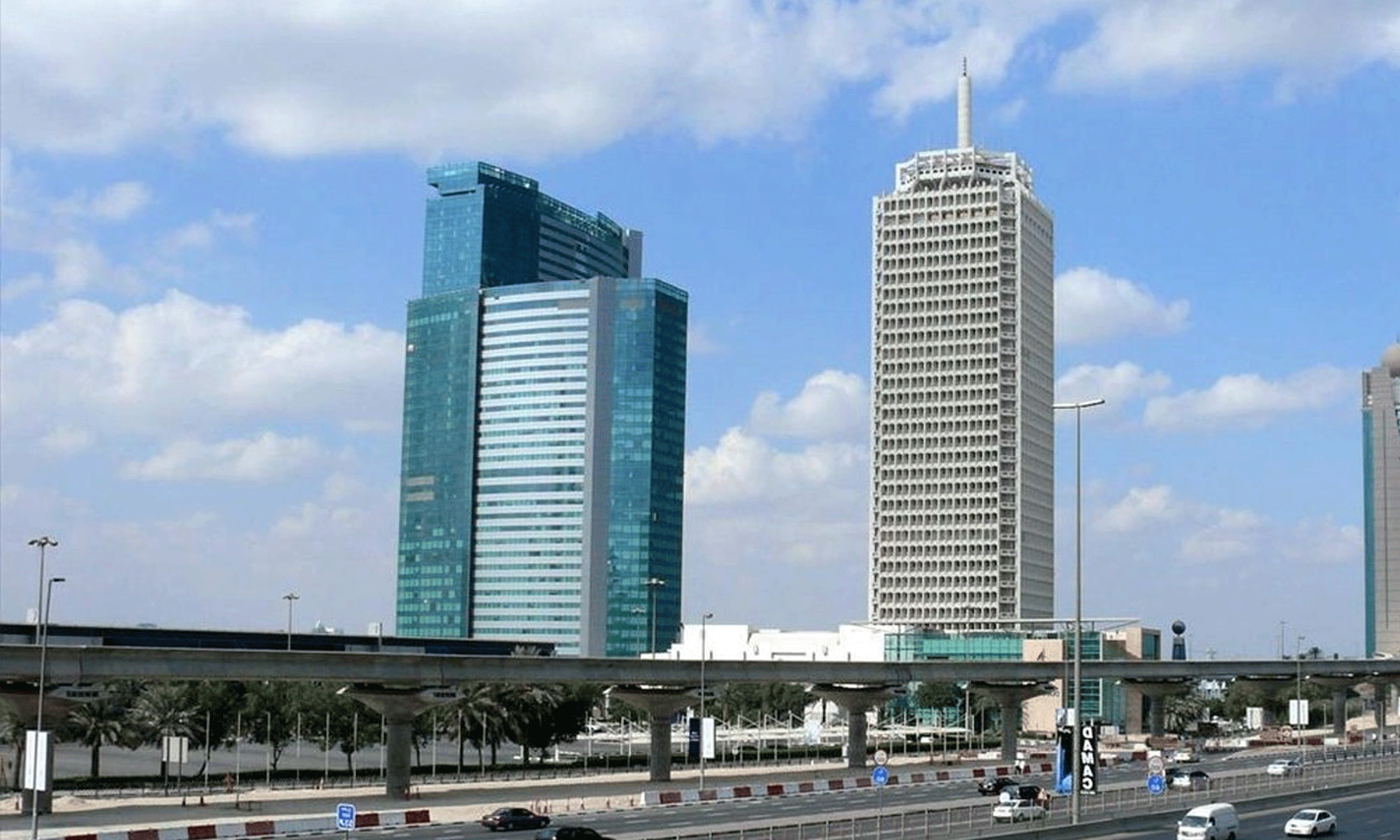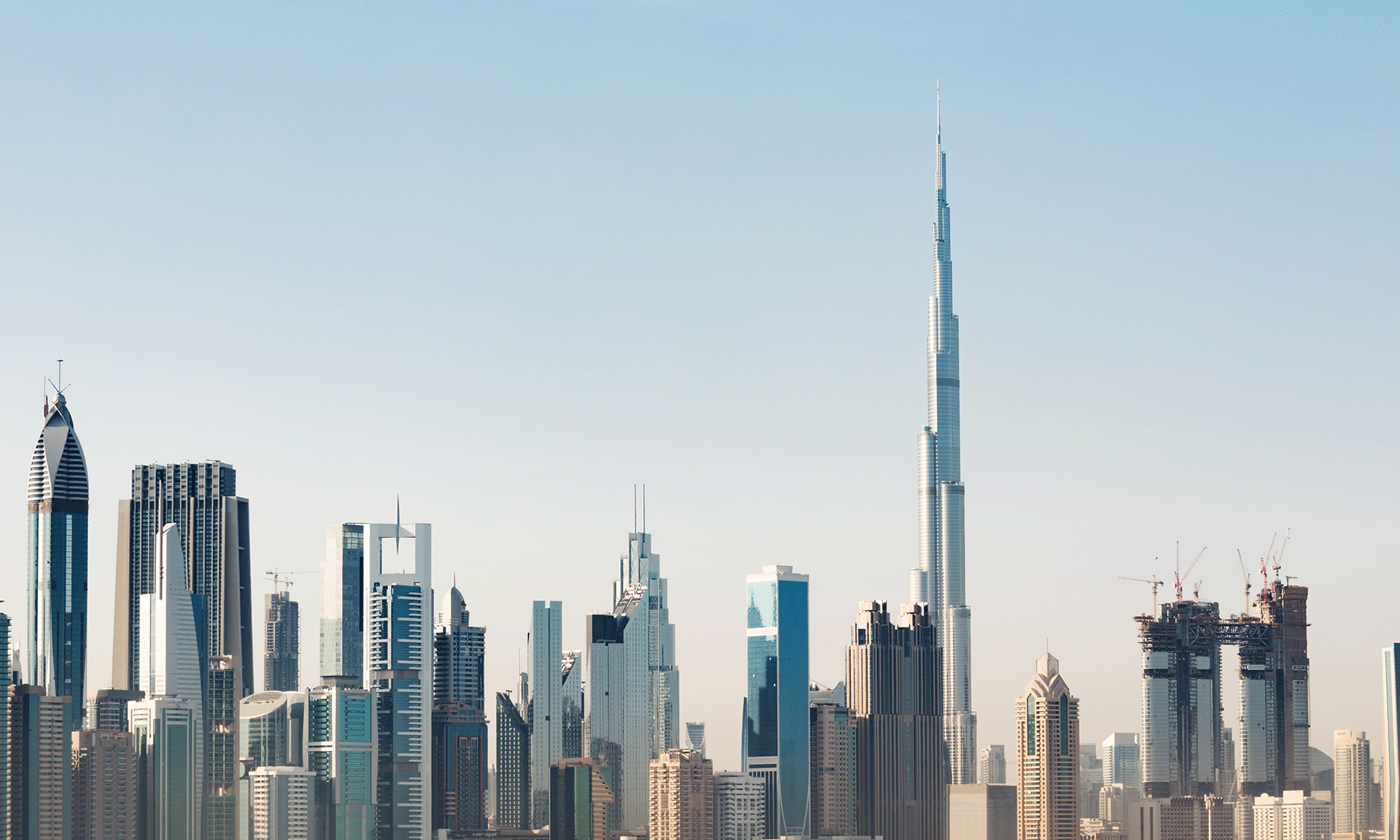The recent Covid pandemic has ravaged the global economy and no wonder Dubai also suffered heavily. However, the dark pandemic had a silver lining and there has never been a more opportune time to start an online business in Dubai than post covid.
Business experts forecast retail e-commerce sales in Dubai to grow at a CAGR of more than 23% by 2022 backed by smart mobile networks, new generation high capacity electronic devices and the surging trend of online payments. As Dubai goes cashless with high digital penetration, increased numbers of business deals are going to fructify online.
Why choose Dubai for an Online Business?
Dubai stands high on the list when an investor decides over an online business in the region. Besides having the most developed e-commerce market in the entire MENA and GCC, it offers several other benefits to entrepreneurs and investors for a new business setup in Dubai including Zero Tax, Full Business Ownership, Minimal bureaucracy, Low Operating Expenses, Full Repatriation of Profits and Nil Import/Export Tariff.
What are the 12 most rewarding online small business opportunities in Dubai?
Here are 12 small business ideas in Dubai that can present huge opportunities & growth prospects and are easily operable from home.
Online Food Delivery
The online food delivery market is steadily growing in Dubai after the pandemic as people are preferring food to be delivered at their doorsteps. Recent surveys suggest that globally online food delivery segment revenue is projected to touch $151.5 billion in 2021. UAE is the second-largest market for online food delivery is estimated to touch around USD 800 million in the corresponding period.
Starting an online food delivery is straightforward in Dubai and a few steps must be initiated simultaneously including visiting the Department of Economic Development (DED) for a business license; striking deals with local restaurants, cloud kitchens and a courier service for food delivery; developing an app and applying for a residence visa in case you don’t have one.
Online Tutoring
As Dubai is witnessing a tremendous surge in the expatriate population, the demand for online private tutors is growing significantly. Online tutoring is perhaps the easiest way to start an online business where you can use your skills and knowledge on any subject in demand e.g. science, maths, arts, music etc. Besides obtaining a professional license from DED, you need to work on suitable mobile app development and liaise with the teaching community for engaging skilled tutors from their respective fields.
Social Media Advertising
As there is a continuous decline in organic social mingling and more so after the covid 19, the demand for paid social media advertising is increasing at an unprecedented rate for engaging with the targeted audience. If you have exceptional verbal and written communication skills, you can start this online business initially on a small scale by generating leads for your clients and growing with time.
Online Fitness and Yoga Training
Our present-day society is becoming more health-conscious especially after the covid pandemic and Dubai is no exception. The demand for online health and fitness trainers are continuously growing in Dubai and if you have the requisite skills and a holistic approach to fitness, starting an online fitness and yoga centre in Dubai could be a perfect opportunity.
E-Trading
As e-commerce business witnesses a sharp rise in demand, e-trading activities are growing for garments, textiles, gifts, jewellery, precious stones and household products due to the cost advantage it offers. Online trading could be a lucrative opportunity in Dubai provided you have an appropriate and valid commercial license from DED enabling you to carry out trading via an online platform for wider market access and sell a variety of products to the public over the internet e.g. Souq.com, Groupon. ae, livingsocial.com etc.
Freelance Writing
A freelance writing or SEO business is another lucrative business opportunity in Dubai. As WFH is becoming increasingly popular after covid, with good skills and vivid imagination, you can easily start a freelance writing business. You can also gradually move into the editing and copywriting side of this business.
Online Consulting
If you have expertise, skills and knowledge in any given field of necessity e.g. accounting, medicine, computer, IT etc., you can be the capital of your business and pass on your assets to others for generating huge revenue. The consultancy has long been regarded as a lucrative business. You just need a professional license most appropriate for your consulting scope and a website that your potential clients can get glued to.
Online Web Designing
The great majority of people in Dubai are computer savvy and web-inclined offering a plethora of attractive opportunities to a prospective business person. Designing web pages to help companies expand their market access is one of the best business ideas in Dubai. You can have flexible working hours and with time, can transform this business into a big company. Online web designing can also open other avenues for revenue streams by offering other technical services to your clients.
Mobile App Development
Webpreneuring is a huge and rapidly growing sector in Dubai and includes all online ventures e.g. mobile apps development, online marketing, online PR firm and many more. However, a critical and honest review of your expertise in this field is of utmost importance before you embark on this online business.
Conclusion
Last but not the least, obtaining the most appropriate business license from the DED is most critical for setting up an online business in Dubai. It is strongly recommended that an individual or group of individuals aspiring for such startups outsource the services of a Dubai company incorporation expert like IMC when setting up a new business in Dubai.
IMC is a team of seasoned and experienced company registration and business licensing professionals, credible and compassionate to bring your dreams of a successful SME to reality.






























 IMC Group
IMC Group